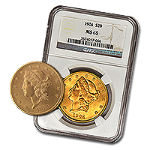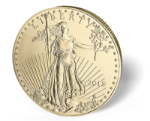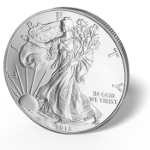For years now, we’ve heard many dismal stories about our economy and the state of our country. The news hasn’t been all bad, and the media is always selective in what they report, but stories of high unemployment, housing market crashes, companies shutting down, lay-offs, foreclosures, reduced consumer spending, and a huge national debt have been topics we’ve all become familiar with in recent years.
It begs the question, how bad is it, really? Is our country bankrupt?
The answer is somewhat complicated. On the one hand, we are in debt $17 trillion. That is more money than most of us can really comprehend. However, the number is actually scarier than the reality. In truth, much of that is debt we owe ourselves. Only about $5 trillion is owed to foreign countries. The public national debt to GDP level is 72%, which is high, but not nearly as high as Greece (which we all know has struggled tremendously economically), or even Japan’s level of 200%.
Also, in comparison to other nations, we have favorable demographics, a fairly small welfare system, and a low tax base. Obviously, other countries outshine us in all three areas, but in the big picture around the world, we are doing fairly well in these areas in comparison.
The US is able to print its own money and has deep financial markets. Of course, this capability is part of the problem in the first place. However, it creates an environment where less foreign investors are bailing on us than if we were a country unable to print money.
On the other side, economically, our history has seen much better times. Yes, we had the Great Depression and other downturns, but the recession of this era has lasted longer than many expected, and is being felt in households across the country. This is not just a corporate or government problem; everyday Americans are feeling the strain as well.
Many Americans are unsure or unable to trust the government and stock markets with their investment money. And that is where gold and silver enter the discussion.
For generations, people have invested in physical precious metals as hedge funds against inflation or other economic hardships. Physical precious metals are separate from stock markets and are out of the hands of the government from a tax perspective. For these reasons, many people are turning towards buying physical gold and silver, rather than investing in an unstable economy.
Is our country’s economy in trouble? Yes. Is it as bad as some media outlets make it seem? No. Is there a better, more stable option for people looking to invest? Most definitely: physical gold and silver ITM Trading's online store buy and hold real physcial gold and silver?











